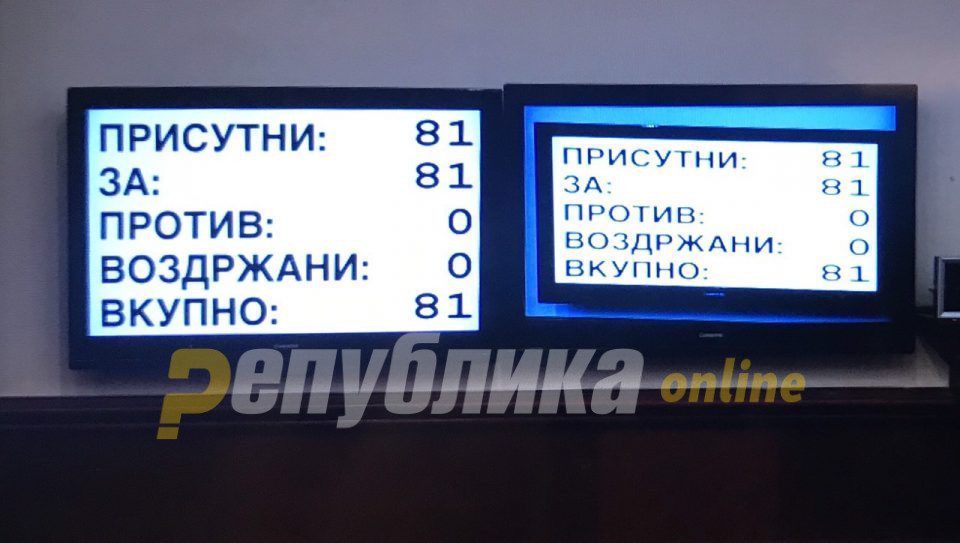Zoran Zaev likely called the unusual vote of confidence in his own Government on Wednesday hoping that this will deflate the growing opposition push to fraction his coalition and attract some of the smaller parties who support him. According to the Constitution, after the Government survives a vote of no confidence, another move can’t be made within 90 days, and Zaev apparently hopes that this will discourage his most independent minded coalition partners, like Pavle Trajanov or the DOM party, from continuing their talks with the opposition VMRO-DPMNE party.
But legal experts tell Republika that this is unlikely to be the case. Lawyer Tome Todorovski, known for his frequent challenges of laws before the Constitutional Court, says that the way Zaev himself called for a vote of confidence means that the constitutional rule will not qualify in this case. The Constitution provides that 20 members of Parliament can call for a vote of no confidence, and not the Prime Minister. It also provides a three day period of debate before the vote – which Zaev’s narrow majority did not allow as it was in a hurry to hold the vote on Wednesday, just an hour after it was announced. Todorovski says that Zaev has the right to call for a vote of confidence, as he did, but that this does not put any obligation on the opposition to wait 90 days before it can itself try to schedule a vote of no confidence.
And even if Zaev manages to avoid putting the item on the agenda in the coming months, if the opposition eventually gets to 61 votes it can call for a new vote at any time.
The Constitution is clear – if the opposition has 61 votes or more it can call for a new vote, Todorovski says.




Comments are closed for this post.